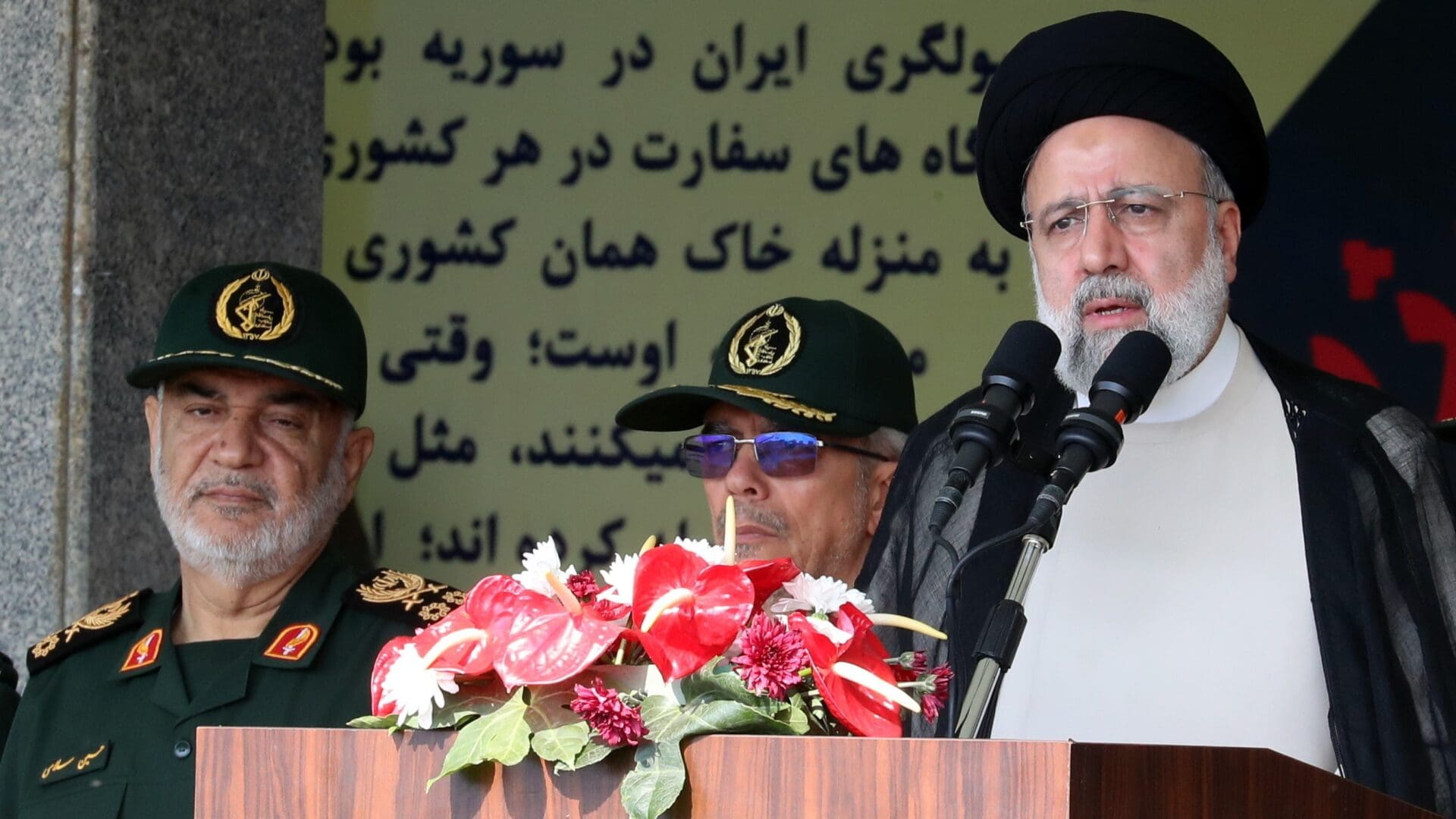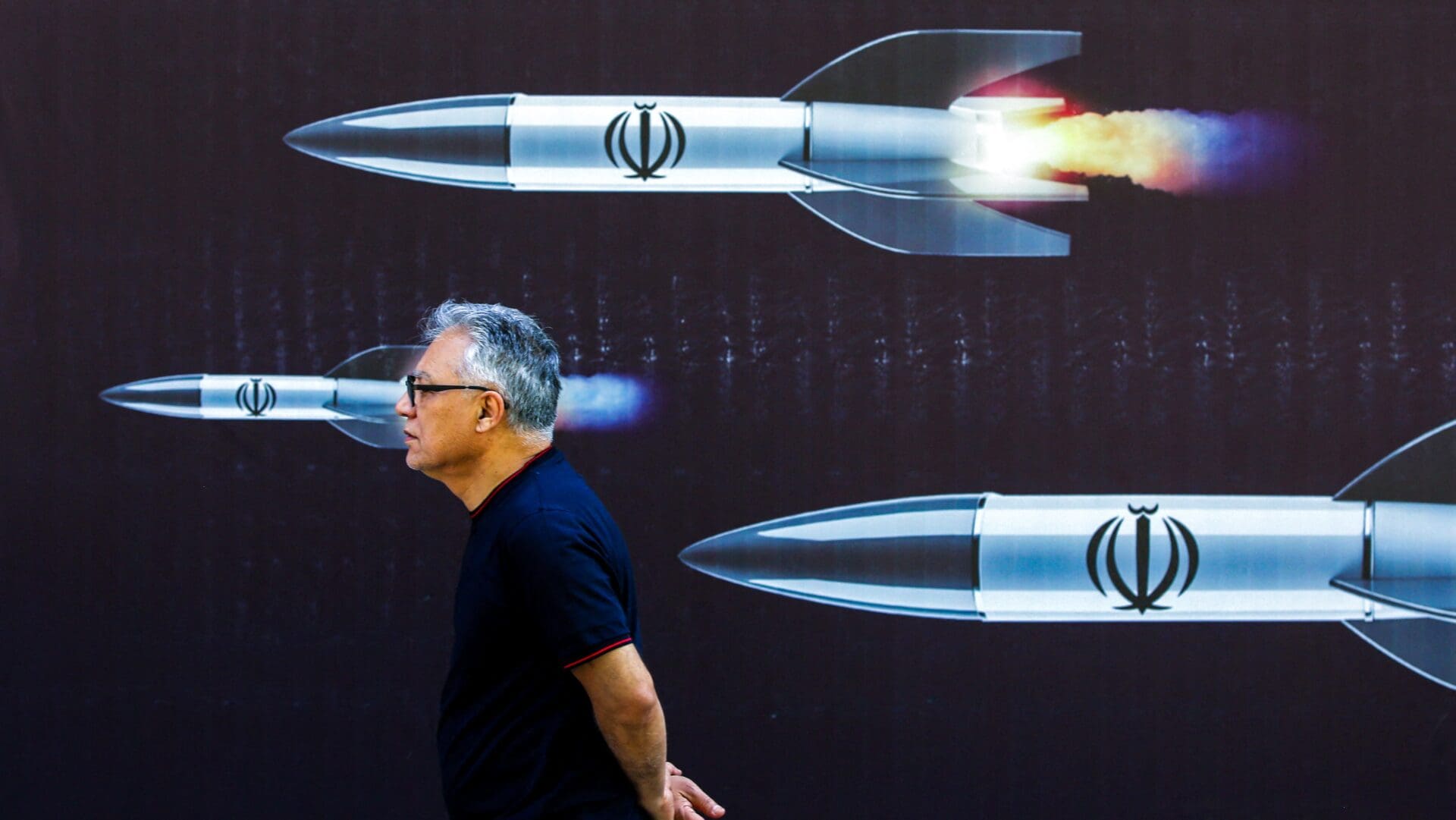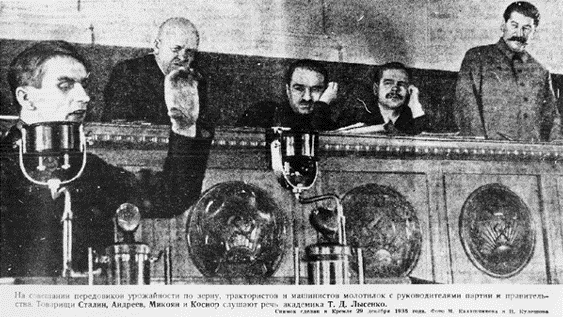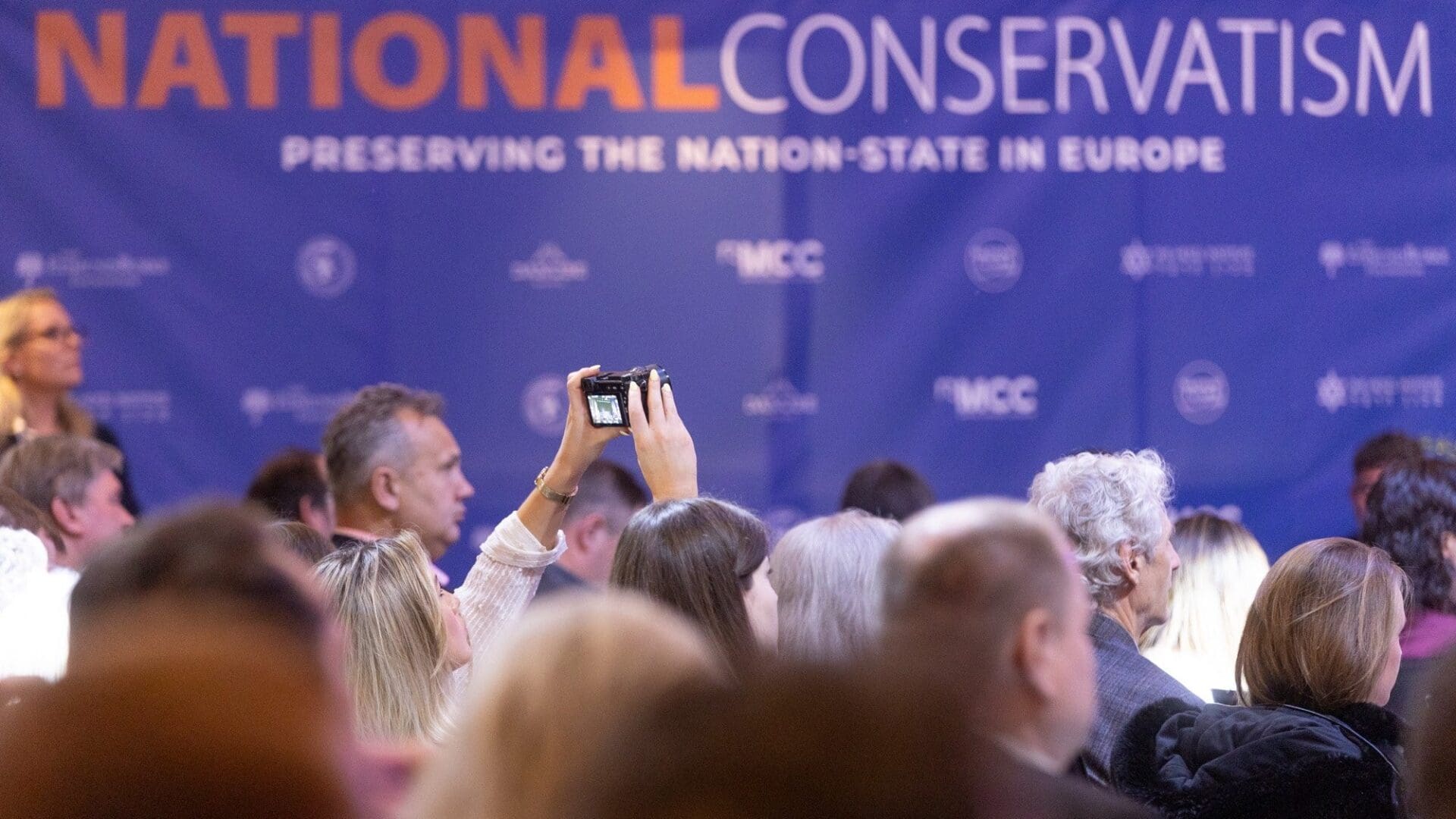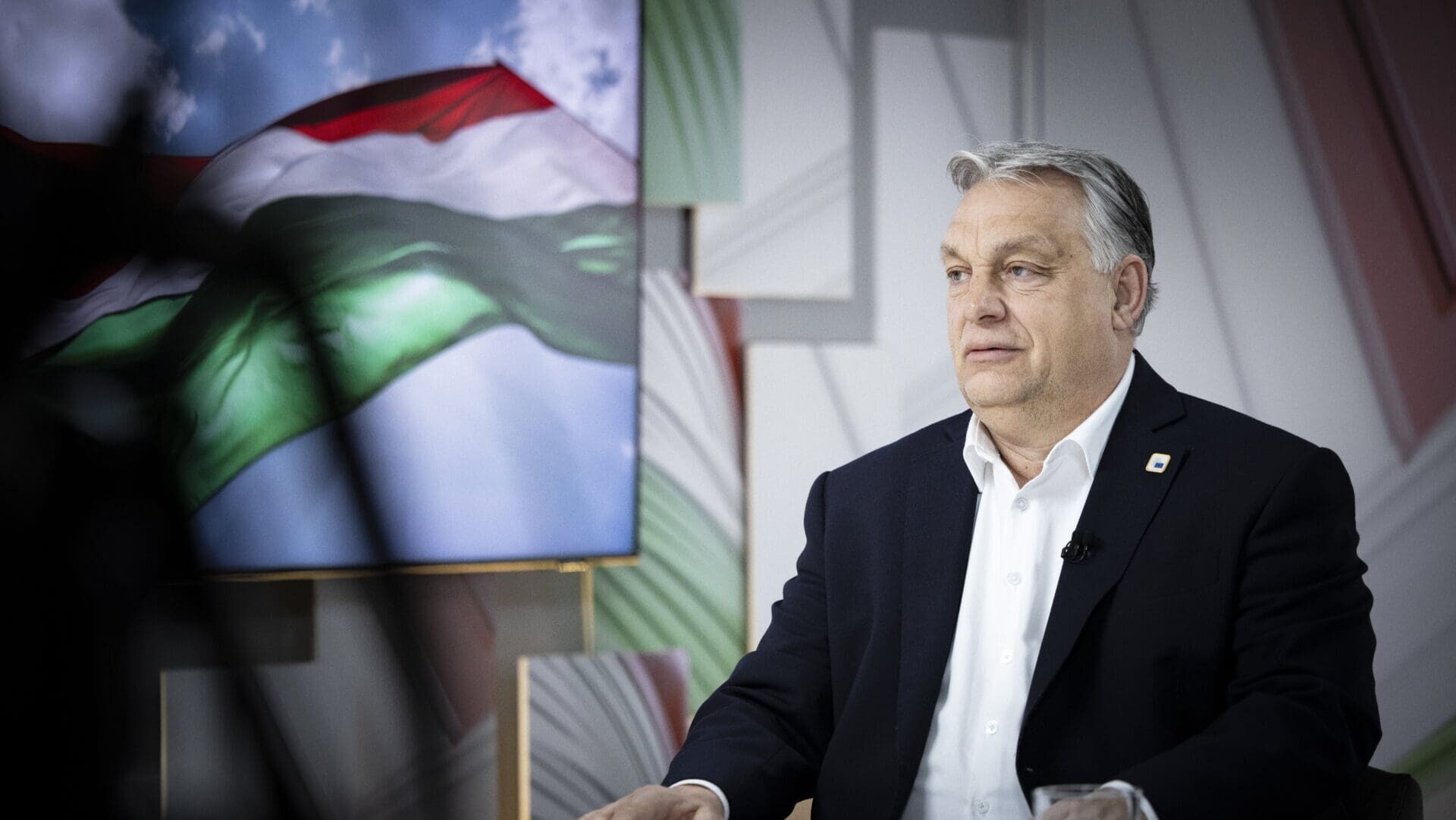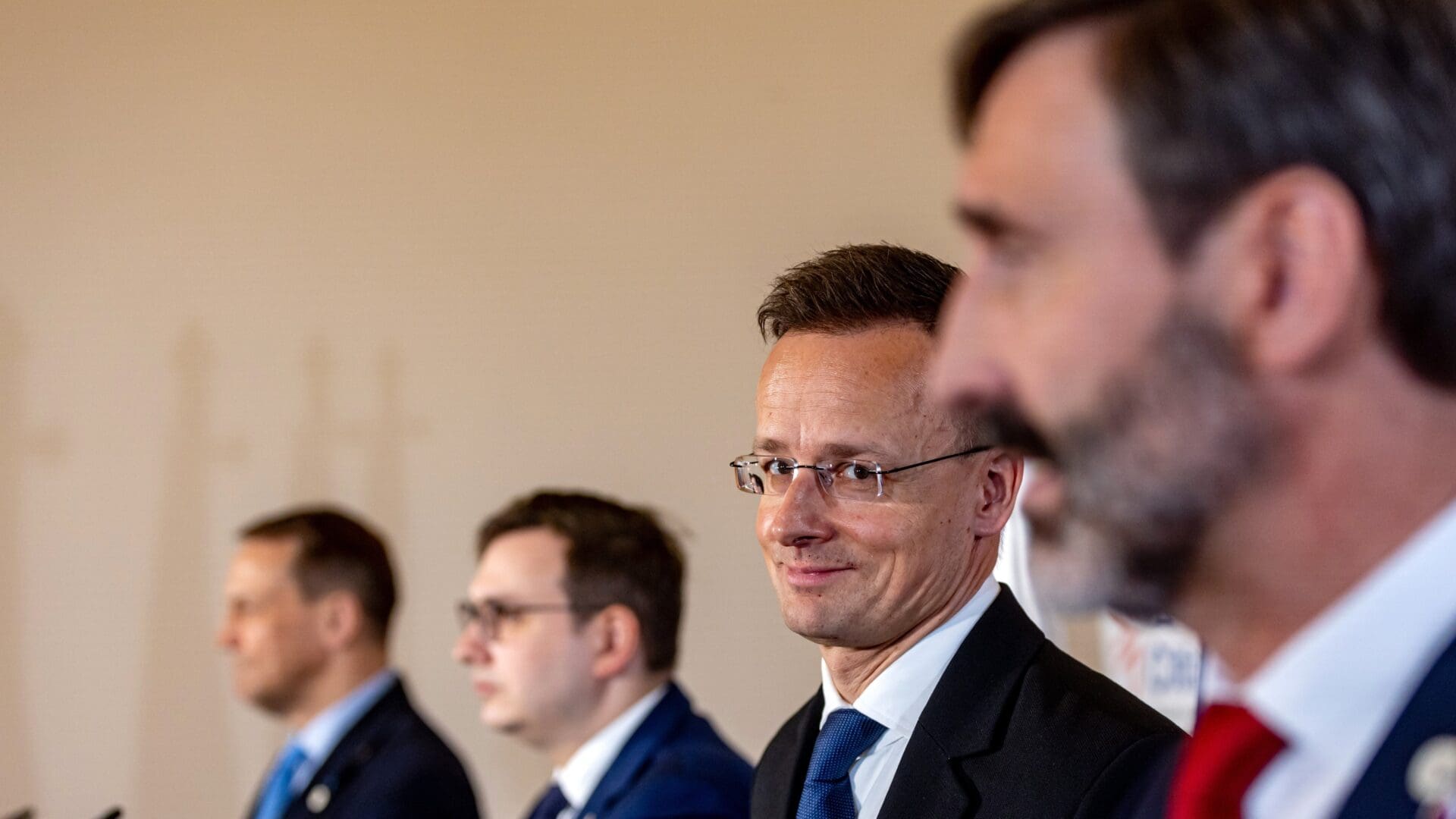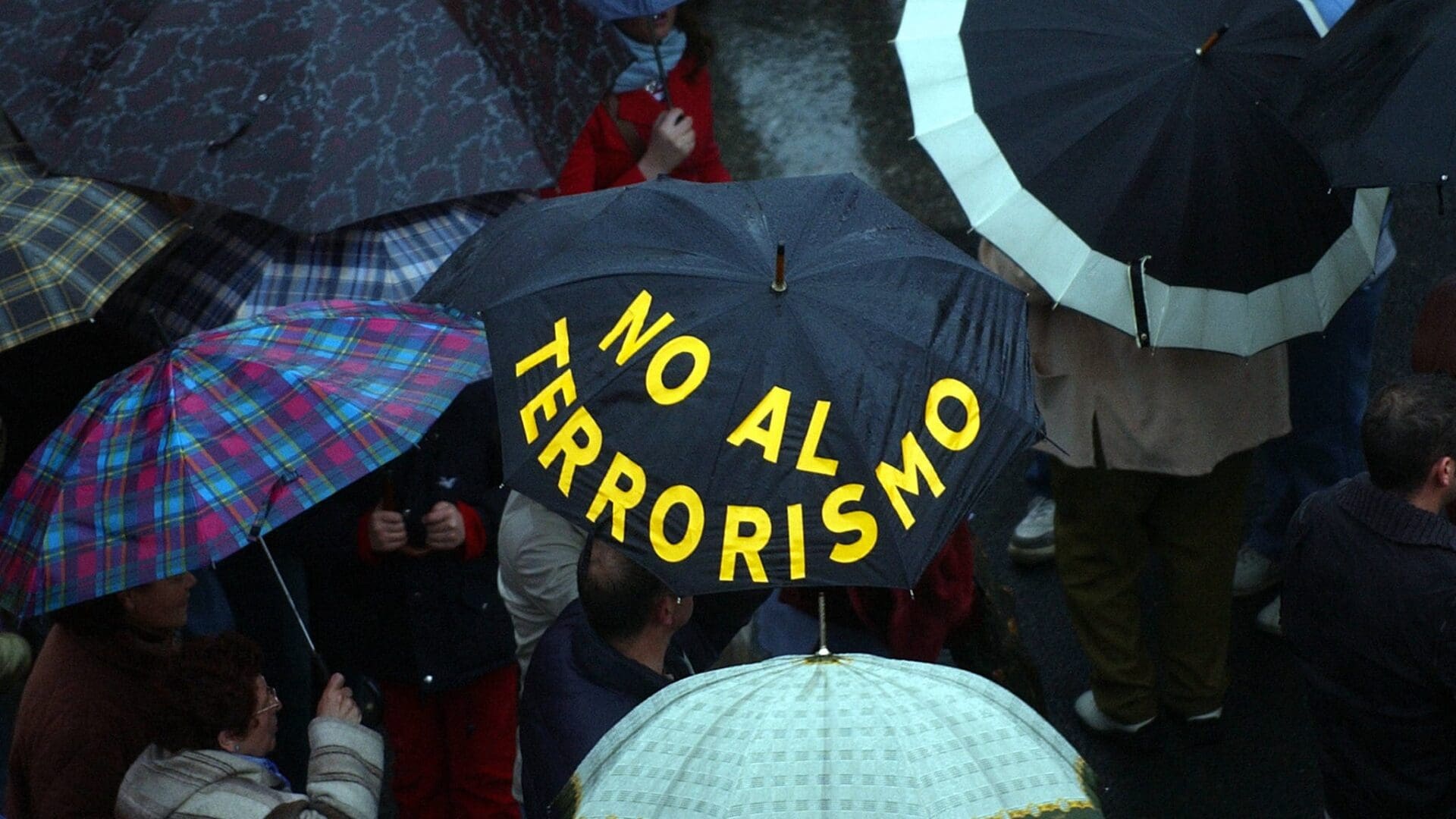‘The patterns that emerge from examples drawn from 150 years of terrorism and counterterrorism are clear. When a tactic works, it is copied and adapted to new times and new situations. Attacks on civilians, women and children strike terror and provoke governments to react. When governments overreact and kill large numbers of civilians, regardless of the provocation, governments lose support, lose legitimacy, and in the modern world, soon find both popular opinion and later the world community will turn against them, making ultimate defeat inevitable.’
